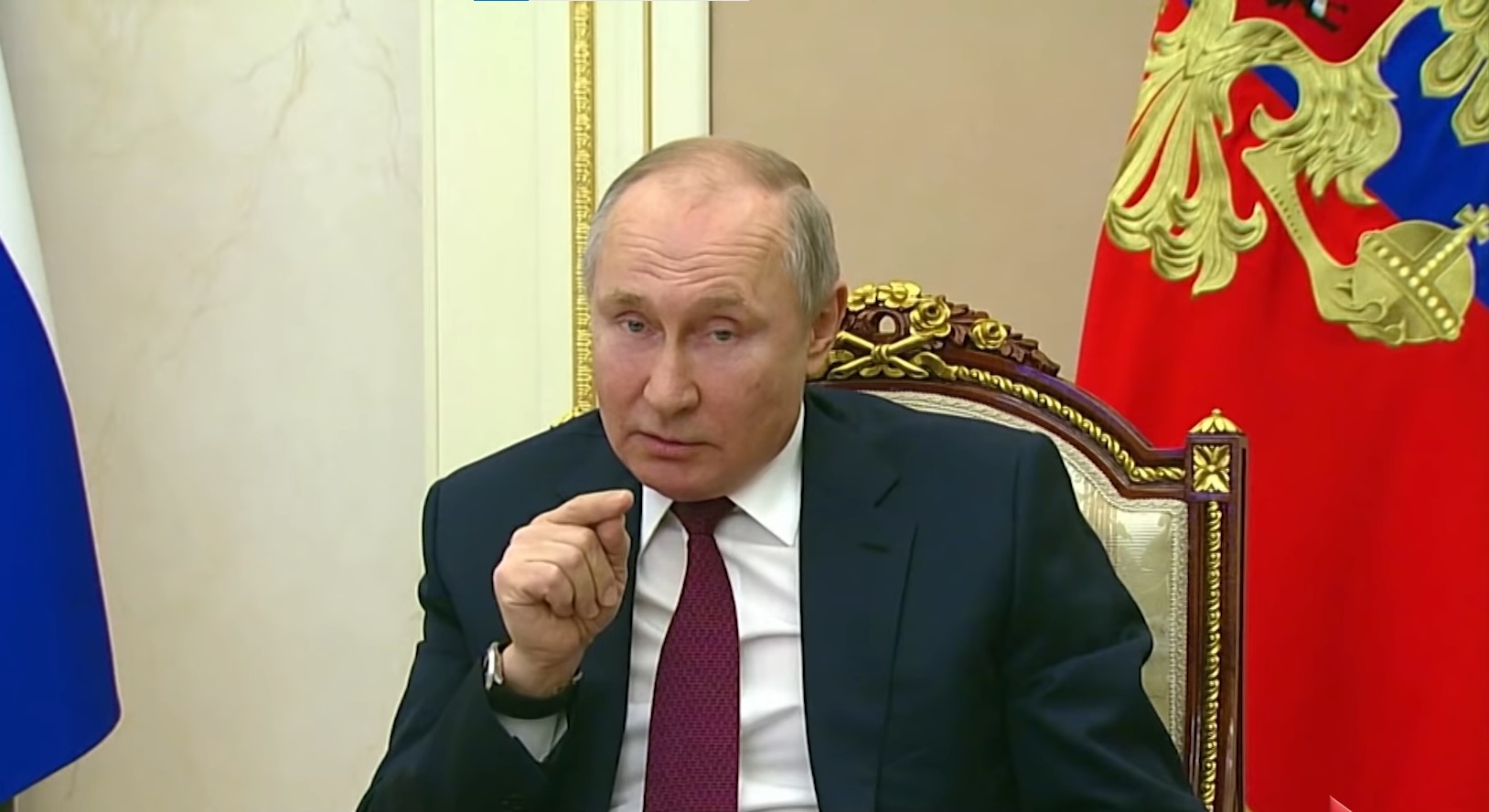The February 2023 UN Security Council debate on the Nord Stream pipeline explosions highlighted deep divisions between Russia and the West. Russia, pushing for an independent, UN-led investigation into the September 2022 sabotage, charged that the United States was actively avoiding accountability. Russian Foreign Ministry Spokeswoman Maria Zakharova minced no words, accusing the U.S. of deception, saying, “The problem is that the Americans are simply lying.”
Russian UN Ambassador Vasily Nebenzya echoed these suspicions, stating that Western experts seemed uninterested in an unbiased probe into the Nord Stream incident. “This, of course, only aggravates our suspicions,” he remarked, suggesting that the reluctance to cooperate fuels further doubt over the West’s role in the incident. Given that the U.S. holds veto power in the Security Council, the likelihood of Russia’s resolution passing was slim from the start. Still, Russia’s insistence on an investigation reflects a growing narrative of mistrust between major global powers.
Nebenzya went on to reference evidence that, according to him, “explosives had been planted” during a NATO exercise in June 2022. He was referring to claims from journalist Seymour Hersh, who alleged that Washington was behind the sabotage. While the U.S. has consistently denied these allegations, Russia has latched onto them as justification for an independent inquiry. The stakes are high, with the Nord Stream pipelines serving as critical arteries for natural gas from Russia to Europe—a region now in the throes of an energy crisis.
This week, Russia upped the ante, announcing that it now possesses “proof” that the U.S. and UK were involved in the sabotage. Zakharova, addressing reporters, hinted at the possibility of releasing this evidence, saying, “This evidence exists… Whether we will publish it… will depend on how the situation around the investigation unfolds.” Russia maintains that it has repeatedly reached out to Western nations for cooperation, only to be met with silence. Zakharova called on Germany, Denmark, and Sweden, which are currently conducting their own investigations, to engage in a material exchange and respond to Russia’s requests for cooperation.
Russia’s frustration is palpable. “We were ready to present everything that we have within the investigation under the UN aegis, on our initiative,” Zakharova added, underscoring that Russia believes transparency is lacking in the current handling of the case. As long as calls for a UN-led investigation remain unheeded, this issue is likely to continue stoking tensions between Russia and the West. The competing narratives, along with the secrecy surrounding the pipeline incident, leave many questions unanswered—and the world watching intently.


Leave a Comment